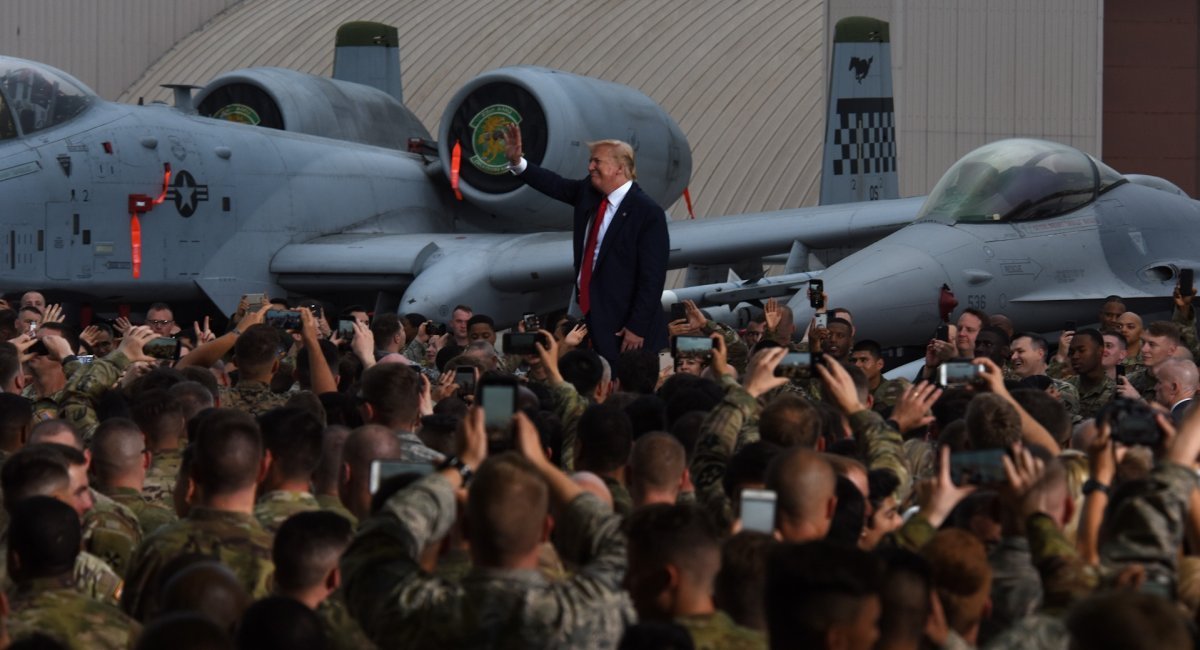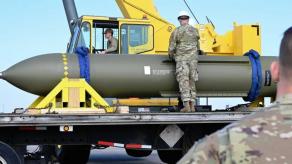The U.S. presidential election, taking place on Tuesday, November 5, will hold enormous significance not only for Americans but also for the entire world. In this context, it is crucial to understand how the outcome will impact the U.S. Military-Industrial Complex (MIC) and, considering overall integration processes, the entire collective Western defense industry.
The American publication Breaking Defense explored this question by interviewing experts, who generally agreed that if Donald Trump wins, U.S. policy will become less predictable compared to the Democrats.
Read more: Pentagon States Requirements for Expendable War Drones With 300 km Range
Impact of Trump’s Victory on the MIC
"Under Trump, we could see a huge shift in strategy towards a much more isolationist approach, which could lead to major changes in the defense budget and a drastic reduction in force structure," says Todd Harrison, a defense budget expert at the American Enterprise Institute.

However, Trump’s campaign promises and program sometimes contradict each other. For instance, while his program states an intent to restore peace in Europe and the Middle East and to build a U.S. version of the Iron Dome, this does not align with his threats to withdraw from NATO and compel Ukraine to effectively surrender to russia.
During his previous term, Trump demonstrated that he could intervene directly in defense negotiations, as he did with Lockheed Martin on the F-35 procurement. His presidency was generally marked by instability; after threatening to reduce the defense budget, he occasionally increased it following meetings with military defense industry representatives.
This inconsistency suggests that Trump’s rhetoric about leaving NATO or abandoning Ukraine might remain merely talk. However, as Byron Callan from Capital Alpha Partners notes, it could still result in a prolonged period of uncertainty.

Plans to reduce military aid to Ukraine, Israel, and Taiwan are likely to be implemented, with funds potentially redirected to strengthen the United States Armed Forces, which would likely find support in Congress. Additionally, an attempt to impose a 20% tax on all imported goods could increase defense procurement costs.
Elon Musk could introduce even greater uncertainty, as he is likely to lead a new Department of Government Efficiency focused on reducing expenses. Musk has already pledged to free up $2 trillion from the projected $7.3 trillion federal budget for 2025.
Impact of Harris's Victory on the MIC
If Kamala Harris takes the White House, no major changes in U.S. defense policy are expected. She has repeatedly stated her commitment to ensuring that the armed forces remain the strongest and most lethal fighting force in the world and to securing victory over China in the technological competition.

Harris has also promised to "stand strong with Ukraine and our NATO allies," implying continued military support for Ukraine. Despite criticism regarding the operation in the Gaza Strip, she has pledged to maintain military assistance to Israel. Overall, it seems that Kamala Harris would not bring any radical shifts, and any increases in defense spending would likely follow priorities set by the Republican Party.
However, the current global security situation requires the U.S. not only to continue past efforts but also to significantly scale up defense production. Achieving this goal depends not only on winning the presidential election but also on the distribution of votes in Congress, which will greatly impact the country's MIC policy.
According to Roman Schweizer, a defense analyst at TD Cowen investment bank, the ideal scenario—though more favorable for American arms manufacturers than for the world—would involve a Democratic majority in the House of Representatives and a Republican-controlled Senate. An additional condition for success would be minimizing the influence of the Freedom Caucus within the Republican ranks, as this group promotes far-right views.
Read more: Ukraine’s Armed Forces Total Need Is 3,000 Lynx IFVs, While They Get First Batch Until the Year's End














